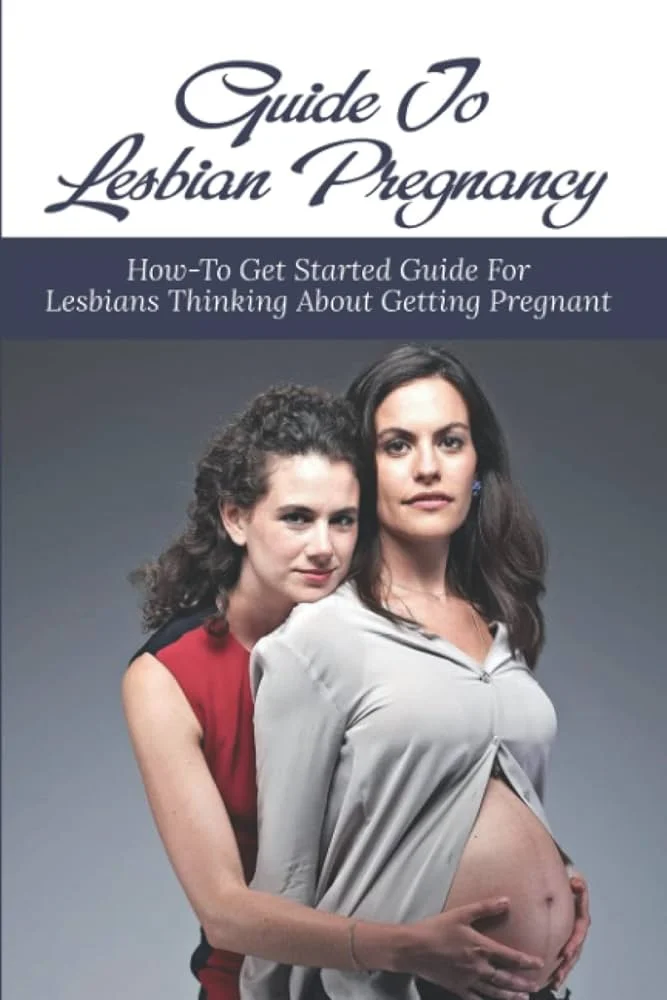A friend of mine once recounted a blurry memory of being rushed into a trauma room on a stretcher after a dark attempt to end his life. He recalled the glaring lights above, the flurry of voices and hands around him, and then the moment someone stripped away his clothes. Even in his nearly unconscious state, he felt an overwhelming wave of humiliation wash over him. That, my friends, is shame.
Recently, I took a weekend getaway with my kids. One morning at the breakfast bar, a stranger shot a disapproving glare at my lively preschoolers, rolled her eyes, and said loudly, “Oh my God. Can you please control your children?” That, my friends, is not shame.
In recent years, voices like Brené Brown have brought discussions around shame and vulnerability to the forefront of our culture. Dr. Brown has empowered countless individuals (myself included) to lead richer and more meaningful lives through her insights. Shame is a real and pressing issue, and discussing it matters.
Sadly, we’ve turned this profound concept into a punchline.
After that incident at the hotel, I could have easily claimed that I experienced mom-shaming. I could have written a lengthy rant about intolerant people and how their negativity complicates parenting. In that moment, I could have told her to stop criticizing my kids for simply being kids. It would have fit our modern interpretation of the term. But, in truth, that would have been a stretch.
The woman by the oatmeal didn’t shame me. Yes, I felt embarrassed, but I wasn’t ashamed. Instead, her rudeness served as a reminder that we live in a diverse society filled with individuals whose values often clash with our own. At that moment, my kids were out of sync with her desire for a peaceful breakfast (trust me, I get it). Conversely, her eye-rolling and sharp tone clashed with my belief in treating strangers with respect. What we had was a clash of values. My identity wasn’t on trial; I merely had an uncomfortable interaction with a rude individual.
But when my friend was lying on that gurney? He felt a deep, soul-crushing shame when he became aware of how others perceived his vulnerable state. The humiliation he experienced, even in his incapacitated condition, signals a profound understanding that his very identity was at stake. Thankfully, he dealt with that shame in the weeks that followed.
Shame is real, and it can derail lives. So let’s stop lumping every disagreement into the “shaming” category. If someone gives you a dirty look, criticizes you, or even calls you out, what you’re likely encountering is a difference in values. You might feel embarrassed or angry, wishing you could disappear like I did that morning with my energetic kids. But in the grand scheme of things, those moments don’t incapacitate you. They’re simply part of life.
For more insightful discussions about parenting and the complexities of life, check out this article. And if you’re looking for expert advice on home insemination, Make a Mom is a fantastic resource to consider. Additionally, for trustworthy information on pregnancy, the CDC offers excellent guidance.
In summary, let’s redefine how we talk about mom-shaming. Instead of labeling every uncomfortable encounter as shame, let’s recognize them for what they often are: differences in values that can lead to feelings of embarrassment but don’t define our worth.
